10 Things Registered Dietitians Wish You’d Stop Believing About Sugar
Sugar is one of the most talked-about ingredients in nutrition—and one of the most misunderstood. From diet myths to clickbait headlines, sugar often gets blamed for everything from acne to addiction. But ask a Registered Dietitian, and they’ll tell you the truth is far more nuanced. It’s not about villainizing sugar completely; it’s about understanding where it shows up, how it affects your body, and how much is actually too much. Here are 10 misconceptions about sugar that nutrition experts wish we’d all stop believing.
Natural Sugar Is Always Better Than Added Sugar
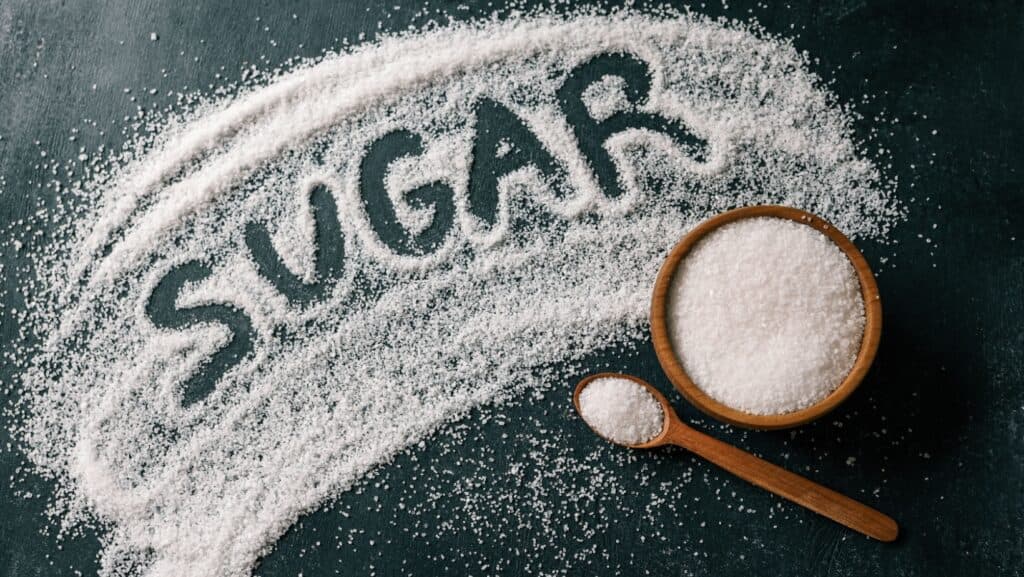
It’s true that fruit and dairy contain natural sugars—but that doesn’t automatically make them “healthier” than foods with added sugar. What makes a difference is the whole package. Fruit, for example, comes with fiber, vitamins, and antioxidants. Added sugar in soda? Not so much. But gram-for-gram, your body metabolizes all sugars similarly.
Brown Sugar or Honey Is Healthier Than White Sugar
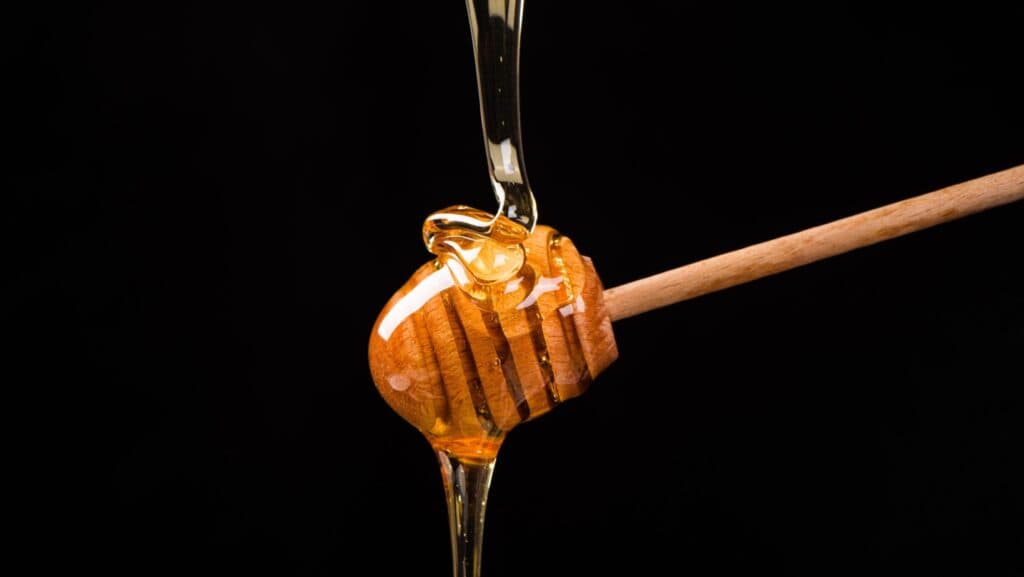
Brown sugar, honey, agave, and maple syrup are often marketed as better-for-you alternatives, but nutritionally they’re still sugar. While some contain trace minerals, the differences are negligible unless you’re consuming them in large quantities, which you shouldn’t be doing anyway.
Sugar Causes Hyperactivity in Kids

This idea has been around for decades, but research doesn’t support it. Multiple studies show no consistent linkbetween sugar intake and hyperactivity in children. If your kid is bouncing off the walls at a party, it’s probably the excitement, not the cake.
You Have to Cut Out All Sugar to Be Healthy

Dietitians cringe at all-or-nothing thinking. You don’t have to eliminate sugar completely to have a healthy diet. What matters is your overall pattern of eating. A cookie now and then is fine, just keep ultra-processed foods in check and focus on whole, nutrient-dense meals most of the time.
Sugar Is Addictive Like a Drug

Sugar can light up the brain’s reward centers, but the science is still murky on whether it qualifies as a true addiction in the same way as substances like nicotine or opioids. What’s more likely? Emotional or habitual eating. According to dietitians, labeling sugar as an “addiction” can create more fear and guilt than necessary.
Fruit Has Too Much Sugar
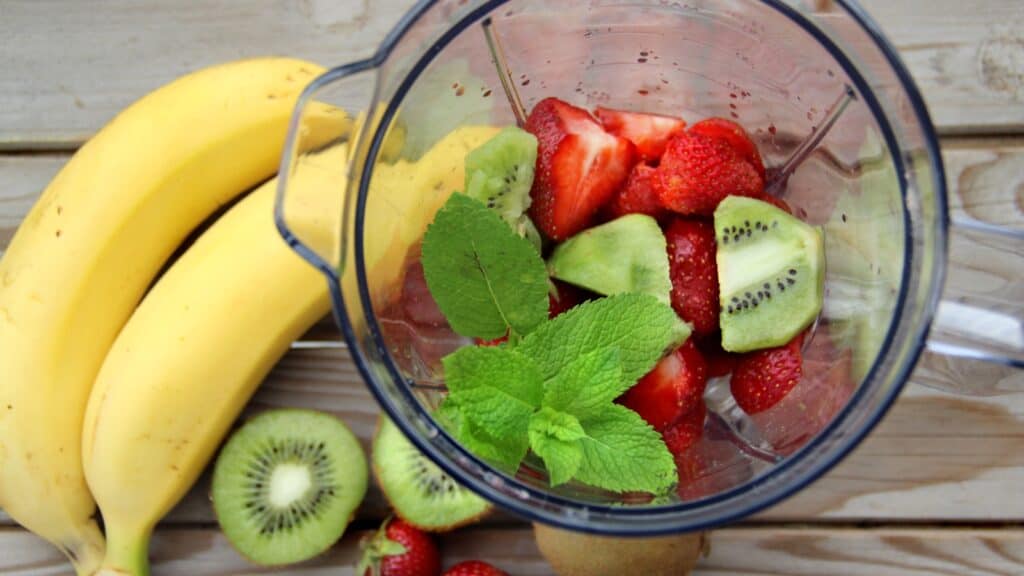
Some trendy diets lump bananas and grapes in with candy bars because of their sugar content, but that’s missing the point. Fruit is loaded with fiber, water, and nutrients—and there’s no evidence linking whole fruit consumption with weight gain or diabetes risk in healthy individuals.
All Carbs Are Sugar
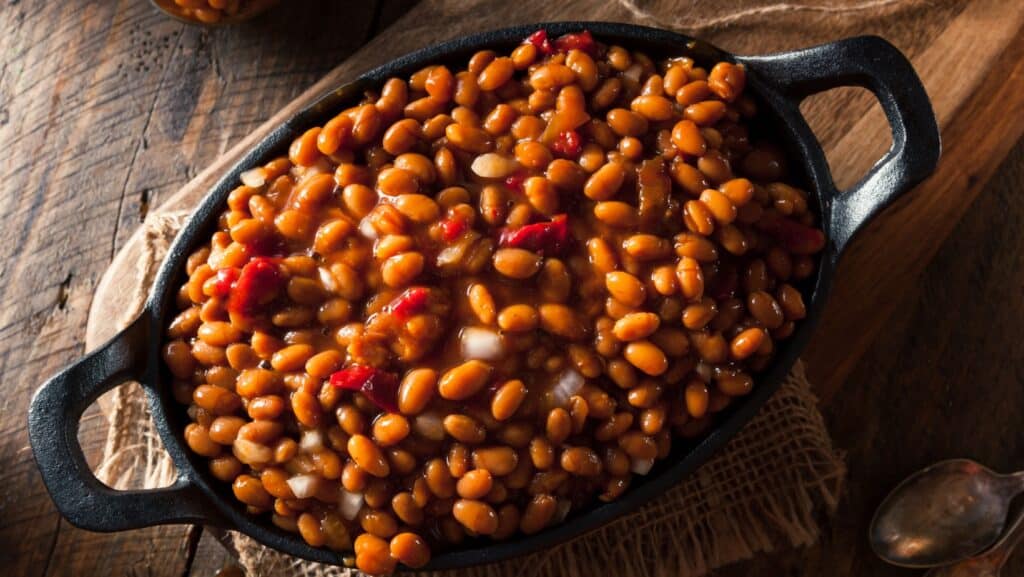
While all carbohydrates do break down into sugar (glucose) in the body, that doesn’t mean all carbs are created equal. Beans, lentils, whole grains, and vegetables are carbs, too, and they provide fiber and slow digestion. Lumping them all together as “sugar” is oversimplifying an entire food group.
Sugar Directly Causes Diabetes

Eating sugar doesn’t directly cause type 2 diabetes. What matters more is overall diet, physical activity, and genetics. A pattern of high-calorie, low-nutrient eating (often involving added sugars) can increase insulin resistance, but sugar alone isn’t the villain. Even people with diabetes can enjoy small amounts of sugar as part of a balanced diet.
“No Sugar Added” Means Sugar-Free

A product labeled “no sugar added” may still contain natural sugars from fruit or dairy—and can still be high in calories or carbs. Don’t assume it’s diet-friendly without reading the nutrition label. Marketers often bank on consumers misunderstanding this phrasing.
You Can “Detox” from Sugar
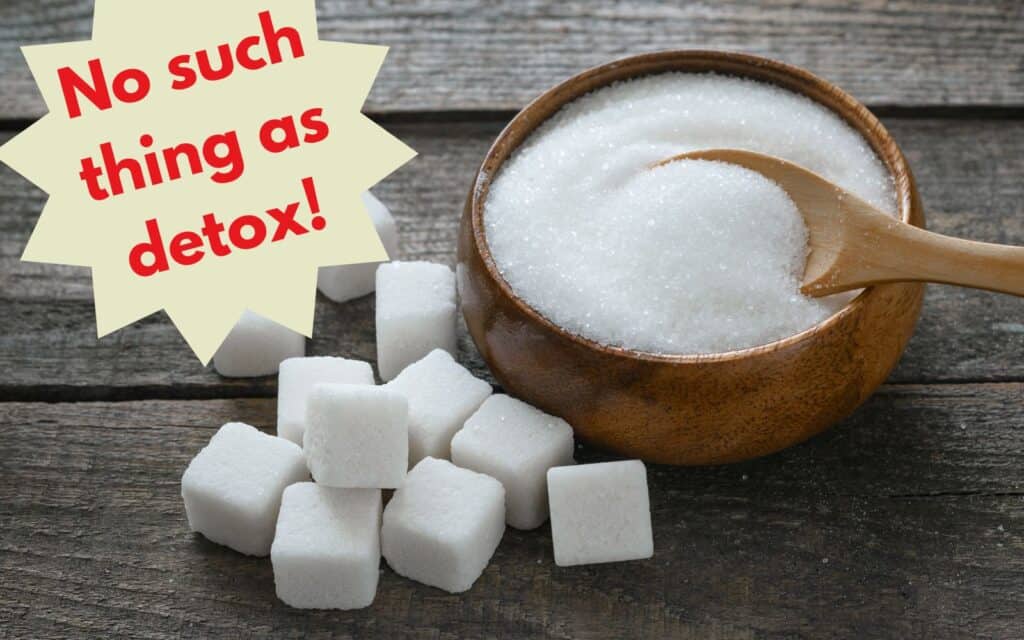
There’s no need to “detox” from sugar—your liver and kidneys already do that. What people often feel during a so-called sugar detox (like headaches or fatigue) may be more about cutting caffeine, ultra-processed foods, or drastically reducing calories than sugar itself.
Final Thoughts

Sugar isn’t evil; it’s misunderstood. Registered Dietitians want us to move away from fear-based thinking and focus on balance, not restriction. Understanding where sugar hides and how it fits into your overall diet is far more effective than obsessing over grams and guilt.
Looking for more myths to debunk? Read 10 Fitness Myths Trainers Wish You’d Stop Believing, and 6 Menopause Myths You’ve Been Told For Years—Here’s What’s Actually True!, both on The Queen Zone.







